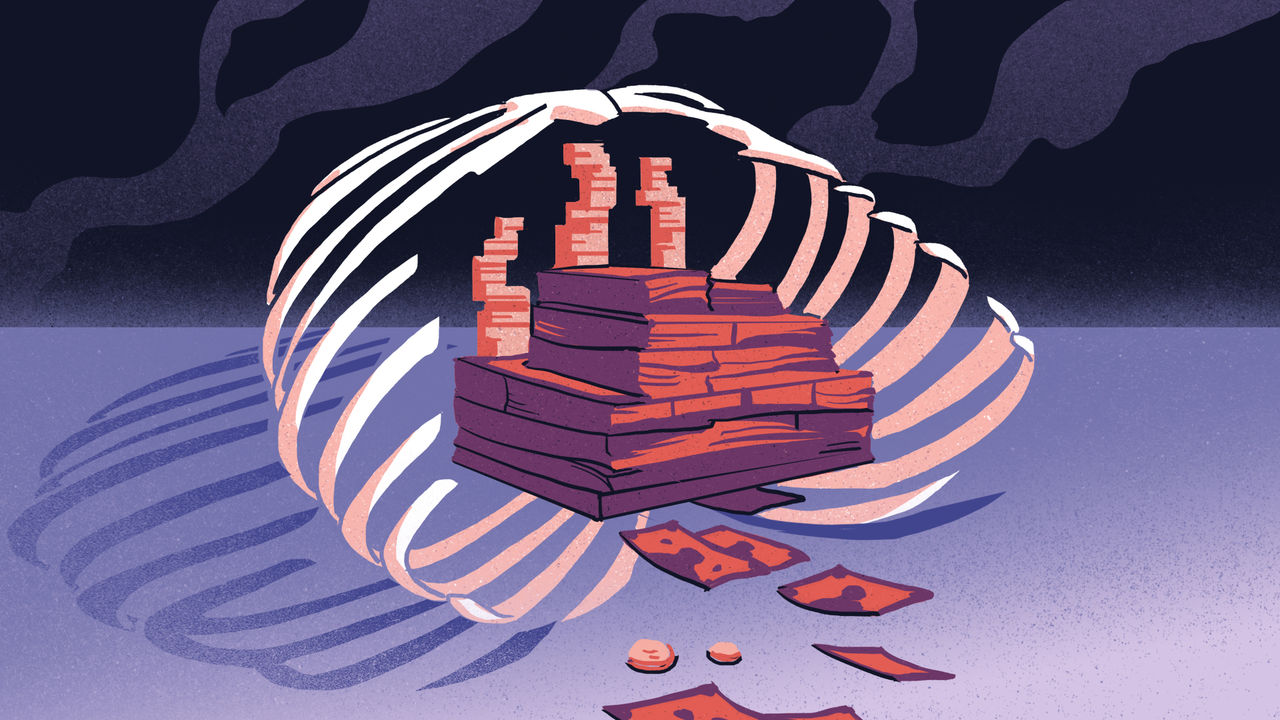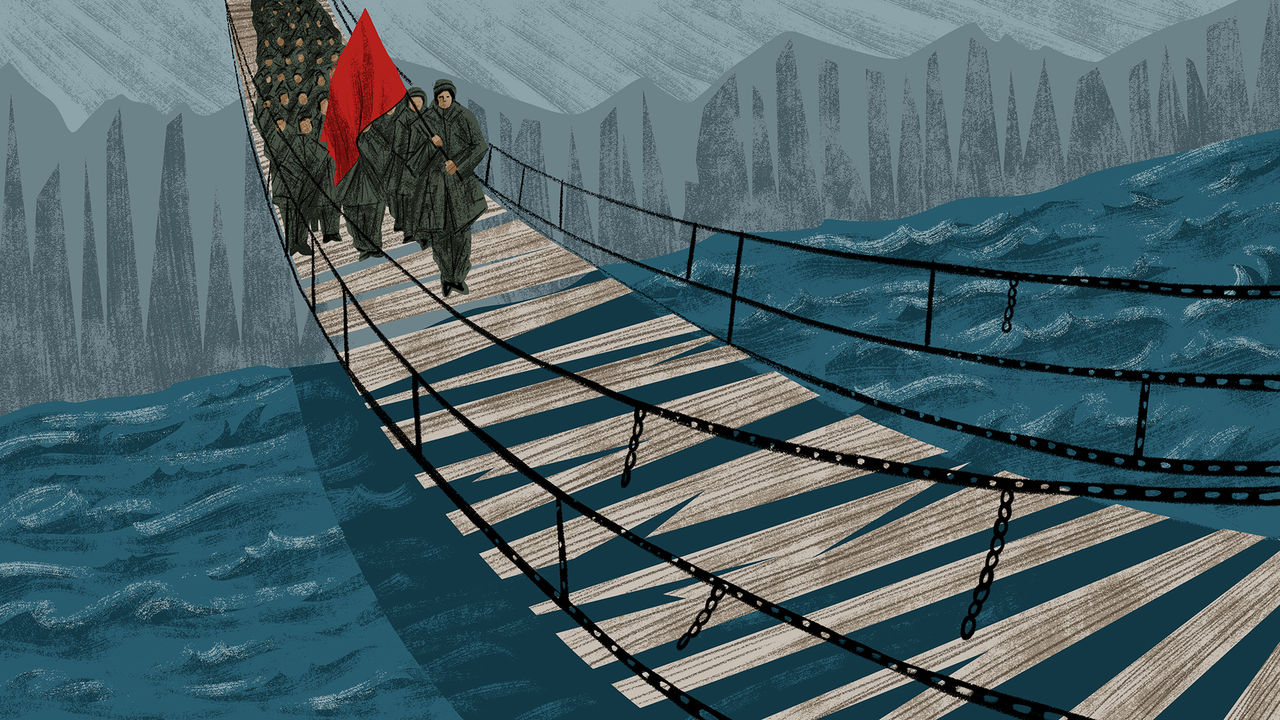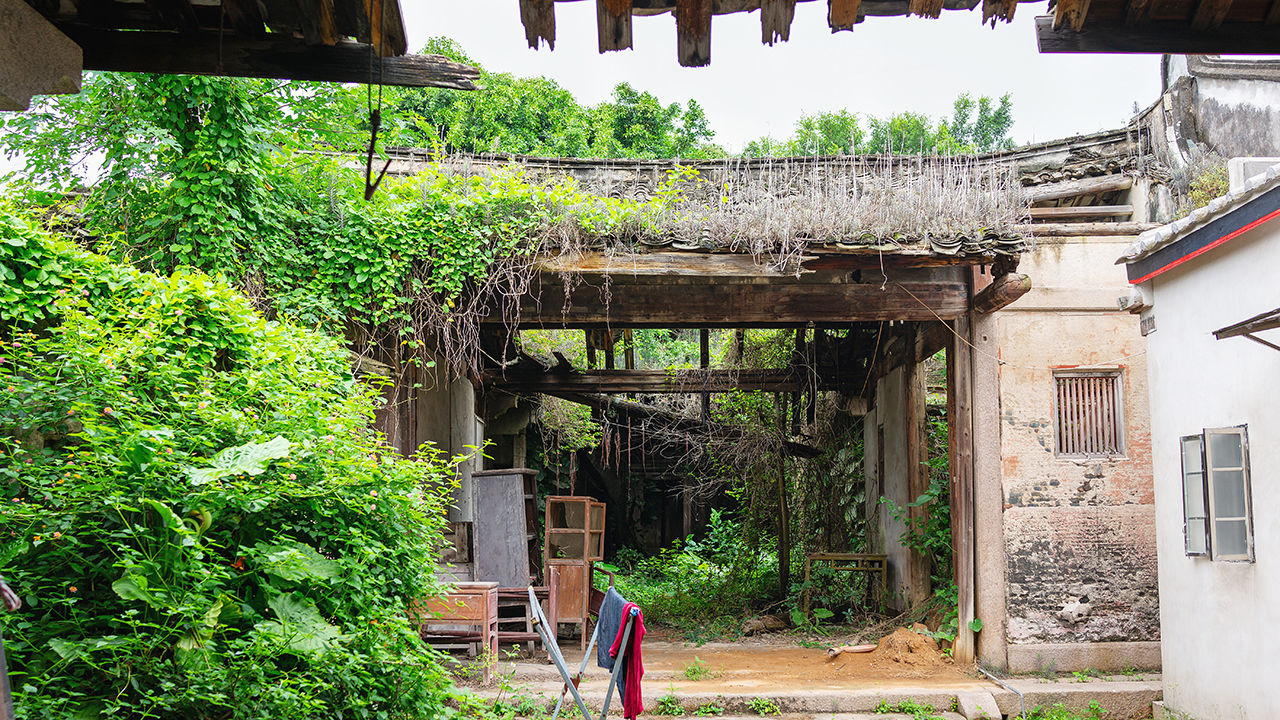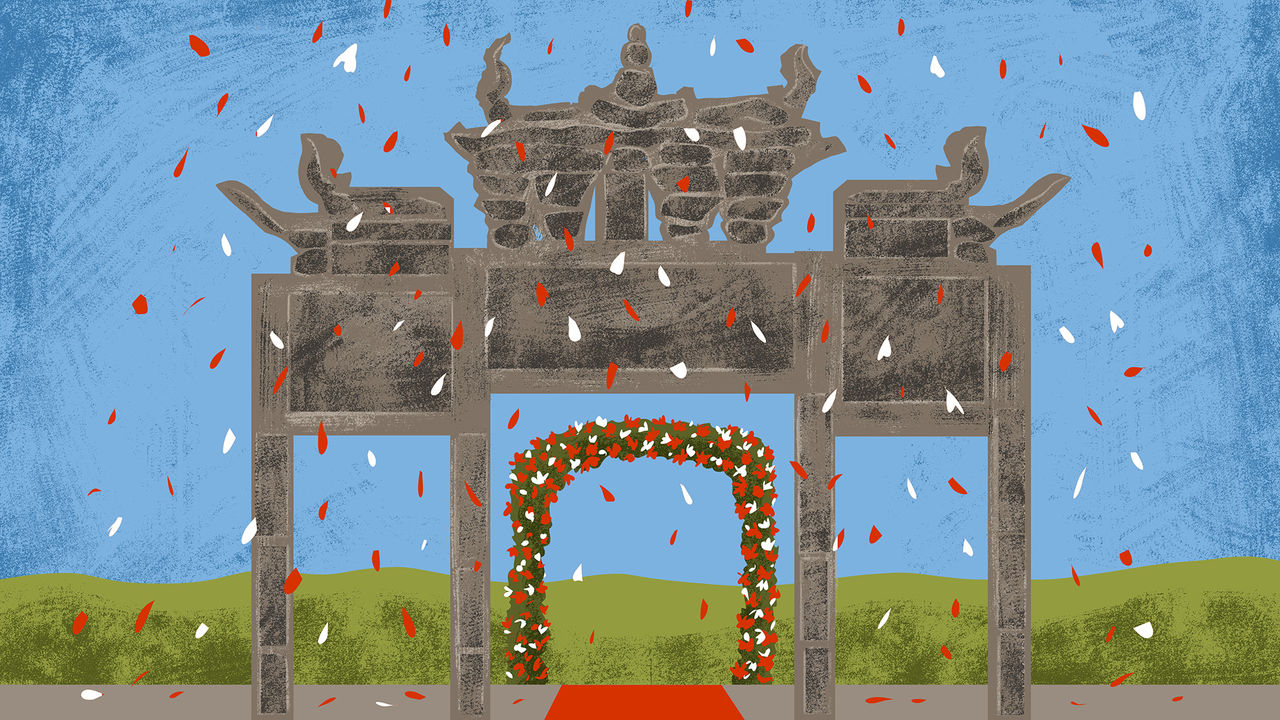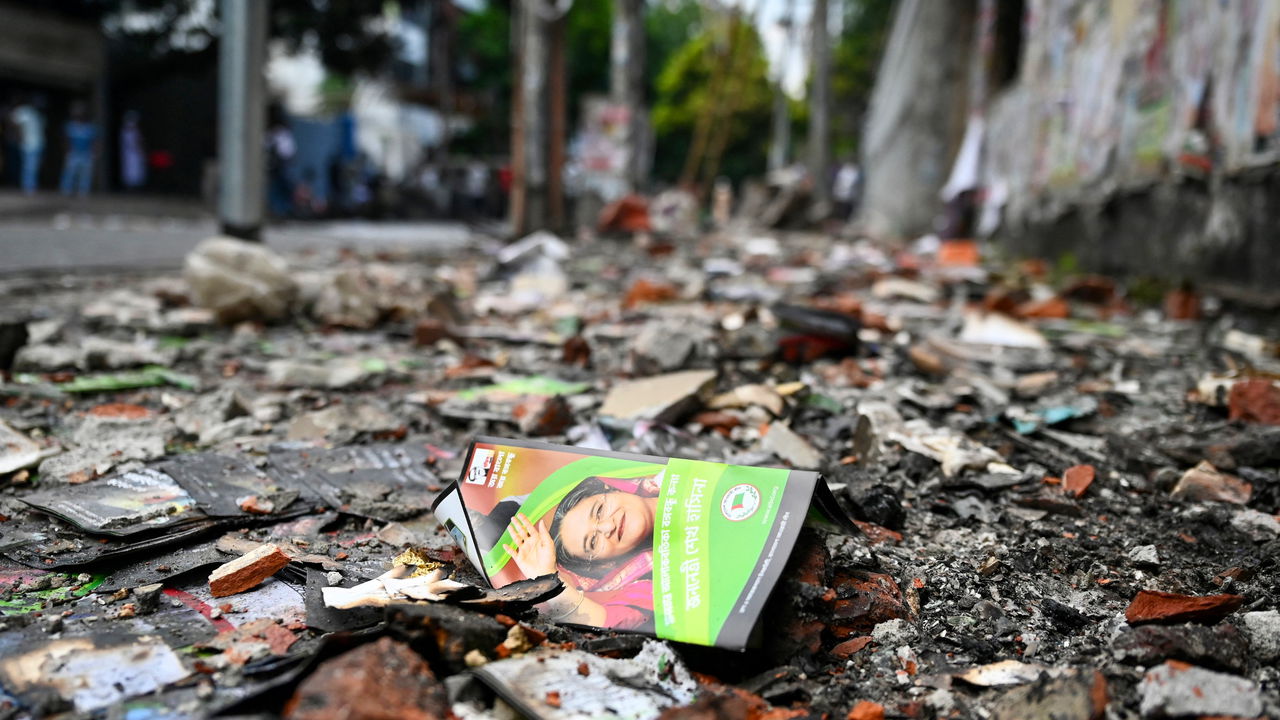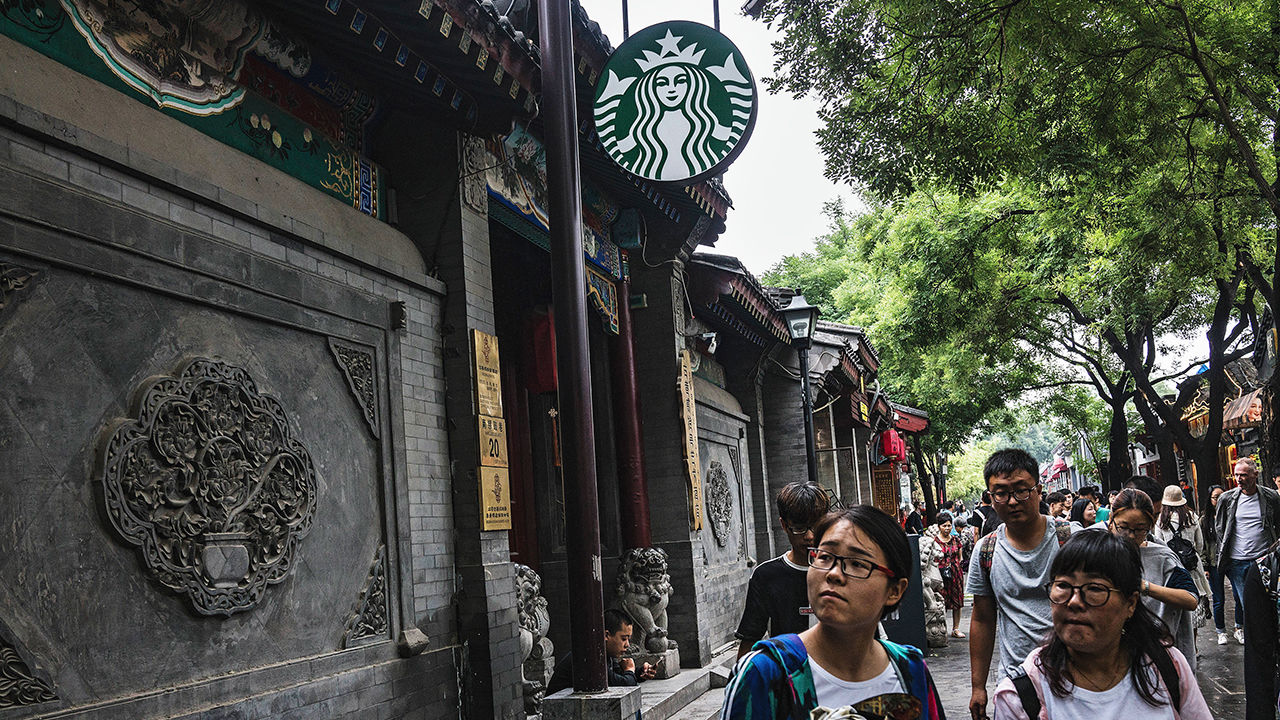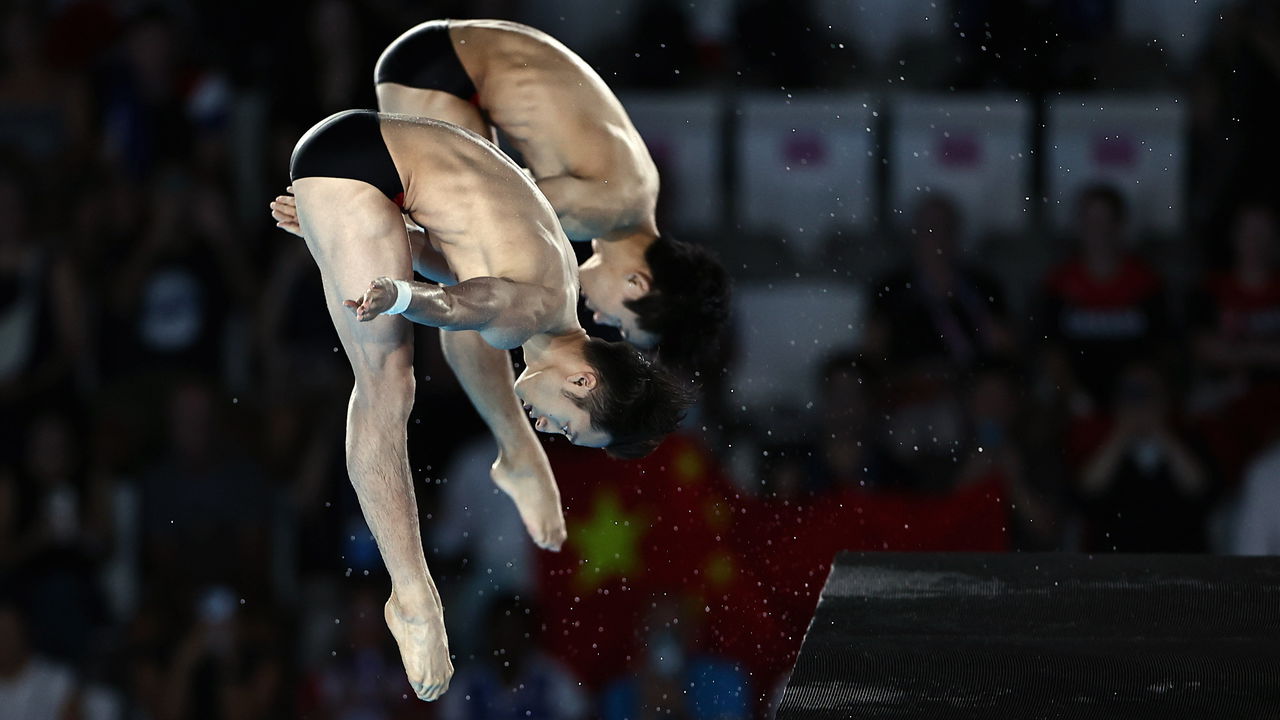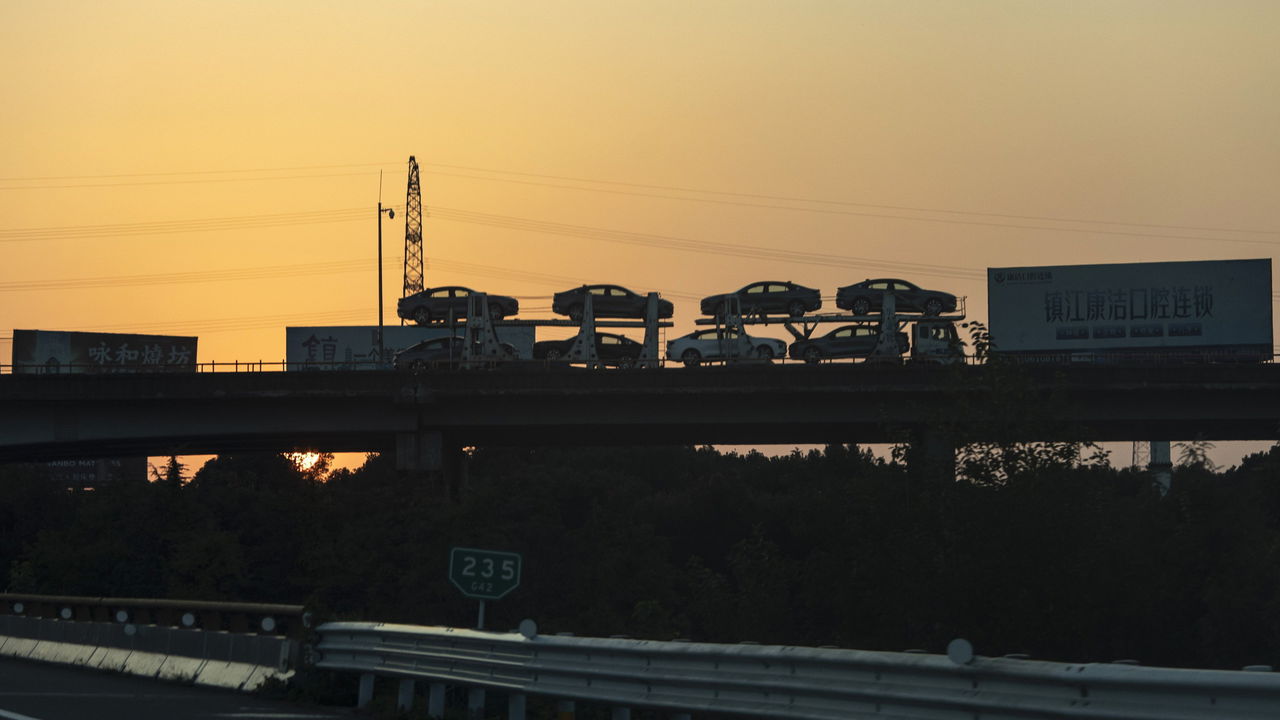“WHEN A PROPER respect towards the dead is shown at the end and continued after they are far away, the moral force of a people has reached its highest point.” That precept appears in the “Analects”, a collection of sayings attributed to Confucius. What, then, to make of the news that from 2015 to 2023 a Chinese crime ring stole, dismembered and sold more than 4,000 corpses for use in manufacturing bone grafts? The Economist
Month: August 2024
How China thrives in a world of turmoil
Listen to this story Your browser does not support the <audio> element. MODERN CHINA is a superpower with its roots in a guerrilla army. This helps explain its self-interested responses to crises, including the turmoil now raging in the Middle East. To hear America and other long-established powers tell it, China has unique influence over that region’s worst agents of disorder, starting with Iran, and an unusual need for stability in the Middle East. China is the world’s largest importer of both oil and liquefied natural gas, buying vast quantities…
China Maritime Report No. 40: Onboard Political Control – The Ship Political Commissar in Chinese Merchant Shipping
Since the creation of the People’s Republic of China’s merchant fleet, the Chinese Communist Party has implemented a system of political control aboard oceangoing vessels through ship Party branches and ship political commissars. This report focuses on the ship political commissar, a Party representative assigned to oceangoing merchant ships, particularly within state-owned shipping enterprises, to carry out political and administrative work in the management of ship crews. Having peaked in authority and power during the Cultural Revolution, the ship political commissar position has evolved over the decades following economic reforms…
China’s new plan for tracking people online
Netizens in China cannot post a comment on Weibo, a social-media service, or buy something on Pinduoduo, an e-commerce site, without first using their national ID or phone number to register with such platforms. That allows the services and, more important, the government to keep tabs on what people are doing online. It helps the authorities to combat such scourges as cyber-bullying—or to find people who criticise China’s ruler, Xi Jinping. Internet firms use the consumer data for their own financial gain. The Economist
One way to turbocharge the Chinese economy
China’s “reform and opening” policy began more than four decades ago in the countryside. It involved dismantling Mao Zedong’s disastrous “people’s communes” and giving farmers their own plots of land to tend. Food production soared, as did farmers’ incomes. Now some Chinese leaders want to disentangle rural property from a web of Mao-era restraints on ownership and let villagers enjoy another boom. The impact could be as far-reaching as those changes in the 1980s. But this time officials are proceeding more gingerly. The Economist
China develops a divorced dating scene
POSTERITY HAS not been kind to Widow Luo. Bereaved as a young mother in the late Qing dynasty, her refusal to remarry earned her the emperor’s praise and a zhenjie paifang—a carved stone archway commemorating her chastity. A century and a half on, Widow Luo’s arch stands forgotten, its stonework crumbling on a backstreet in Lianglu, a sleepy village in south-west China. The Economist
How China views the popular uprising in Bangladesh
Just last month Sheikh Hasina travelled to Beijing, where she met China’s leader, Xi Jinping. According to some reports, the erstwhile leader of Bangladesh cut her trip short, miffed at receiving less financial support for her country than expected. But if any foreign power deserves blame for the uprising that forced Sheikh Hasina to flee Bangladesh on August 5th, it is America, suggest Chinese state media. The Global Times, a nationalist tabloid, cites experts speculating about Western involvement in the chaos. The Economist
China is now the world leader in coffee shops
The historic city of Suzhou, about an hour’s drive from Shanghai, is criss-crossed with canals. Old whitewashed buildings line the banks. A century ago some of these would have been chaguans, or traditional teahouses, where locals gathered to discuss the news or conduct business. Today a visitor is more likely to find shops serving a different kind of beverage. There are dozens of Starbucks outlets in Suzhou, as well as other coffee sellers. Some even look like old chaguans—from the outside at least. The Economist
Which Olympic sports is China good at?
On July 29th Lian Junjie and Yang Hao (pictured) leapt off a ten-metre-high platform, twisting and flipping in near-perfect synchronisation. Before the Olympic judges even posted their marks, Chinese fans celebrated. Then it became official: the pair had won gold, beating divers from Britain. China has won 50 gold medals in the sport of diving over the years, more than any other country. The Economist
To revive the economy, China wants consumers to buy better stuff
EVERYWHERE YOU look, the world’s politicians face tough economic choices. In many countries, they must raise taxes, cut spending or put up with high interest rates to keep inflation in check and make room for investment in the future. China is different. In the world’s second-biggest economy, inflation is too low, investment is excessive and interest rates are falling. The government’s most urgent economic task is to encourage citizens to loosen their belts, not tighten them. The Economist
